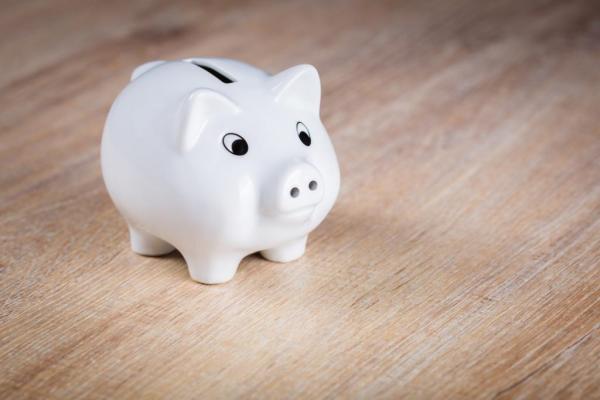By Lyndsey Hall

On Wednesday 18th March, George Osborne stepped up to the plate and announced what could be his last Budget as Chancellor of the Exchequer. This was Osborne’s sixth Budget since the coalition government was formed in 2010, and it could be the most significant as we prepare for the upcoming General Election in May.
With the UK economy on the up, having achieved the highest growth rate in the G7 at 2.6%, and a low inflation rate of 0.3%, it was a positive Budget for British taxpayers. Here’s a summary of the key points:
Tax
Paper tax returns will be replaced by “digital tax accounts” by 2020. Individuals and small businesses will be expected to submit throughout the year via computer, tablet or smartphone; rather than the current method of submitting a single annual return. It will be possible to pay tax at any point throughout the year, and to spread the cost across several instalments. The new system is expected to be in place as early as 2016.
Corporation Tax will be cut to 20% from next year, and the closing of tax loopholes will raise £3.1bn for the Treasury.
Personal Allowance
Osborne announced an increase in the personal allowance, from £10,600 per year to £10,800 in 2015-16, and £11,000 in 2016-17. The higher rate threshold will also increase from £42,385 in 2014-15 to £43,300 in 2017-18. The Chancellor announced that the government intends to increase the personal allowance basic threshold to £12,000 and the higher threshold to £50,000, with no date given at this time.
Pensions
The pension pot lifetime allowance will be reduced from £1.25m to £1m from next year, however the law will be changed to allow pensioners to access their annuities, and the 55% tax charge will be abolished, and replaced by a marginal rate.
Savings
Savers won’t have to pay tax on interest on the first £1,000, or £500 for higher-rate taxpayers. A new Help to Buy ISA will allow first time homebuyers to save £200 a month that will be topped up £50 by the government, to help them save for a deposit for a house. Other ISAs will also be made more flexible, allowing savers to take money out and pay it back in within the year without losing their interest.
Economy
2.5% growth is forecast in 2015, followed by 2.3% every year for the next 3 years, and 2.4% in 2019. Unemployment has continued to fall and is now at a rate of 5.3%, a record low. Inflation is expected to fall to 0.2% this year.
National Debt
The deficit has halved since 2010, if taken as a share of national income. Borrowing is set to fall from £97.5bn in 2013-14 to £90.2bn in 2014-15, £75.3bn in 2015-16, £39.4bn in 2016-17, £12.8bn in 2017-18, before finally reaching a surplus of £5.2bn in 2018-19.
Banks
£9bn of Lloyds shares will be sold, as well as £13bn of UK Asset Resolution mortgages, which is the holding company created in 2010 to bring together Bradford & Bingley and Northern Rock after the government bailout.
Duties
The fuel duty increase planned for September has been cancelled, and Osborne claims that we’ll be £10 better off per tank if we stick with the Tories at the upcoming General Election. Beer is now a penny cheaper per pint, and cider duty has been reduced by 2 per cent, as has whisky and spirits duty, whereas wine duty has been frozen.
Export
The Chancellor plans to double UKTI resources for British exports to China.
The Northern Powerhouse
Osborne promised to develop a comprehensive transport strategy for the North to help create the Northern Powerhouse he referenced in his Autumn Statement 2014.
Greater Manchester and Cheshire East are among four regions that have been told they can keep 100% of the business rates paid by shops and restaurants in the region, in a trial that could see the scheme rolled out across the country.
So there you have it, the last Budget before the May 2015 General Election. Is it a vote winner for you?
Let us know your thoughts in the Comments, on Twitter or Facebook.
If you liked this article, you may also like:


